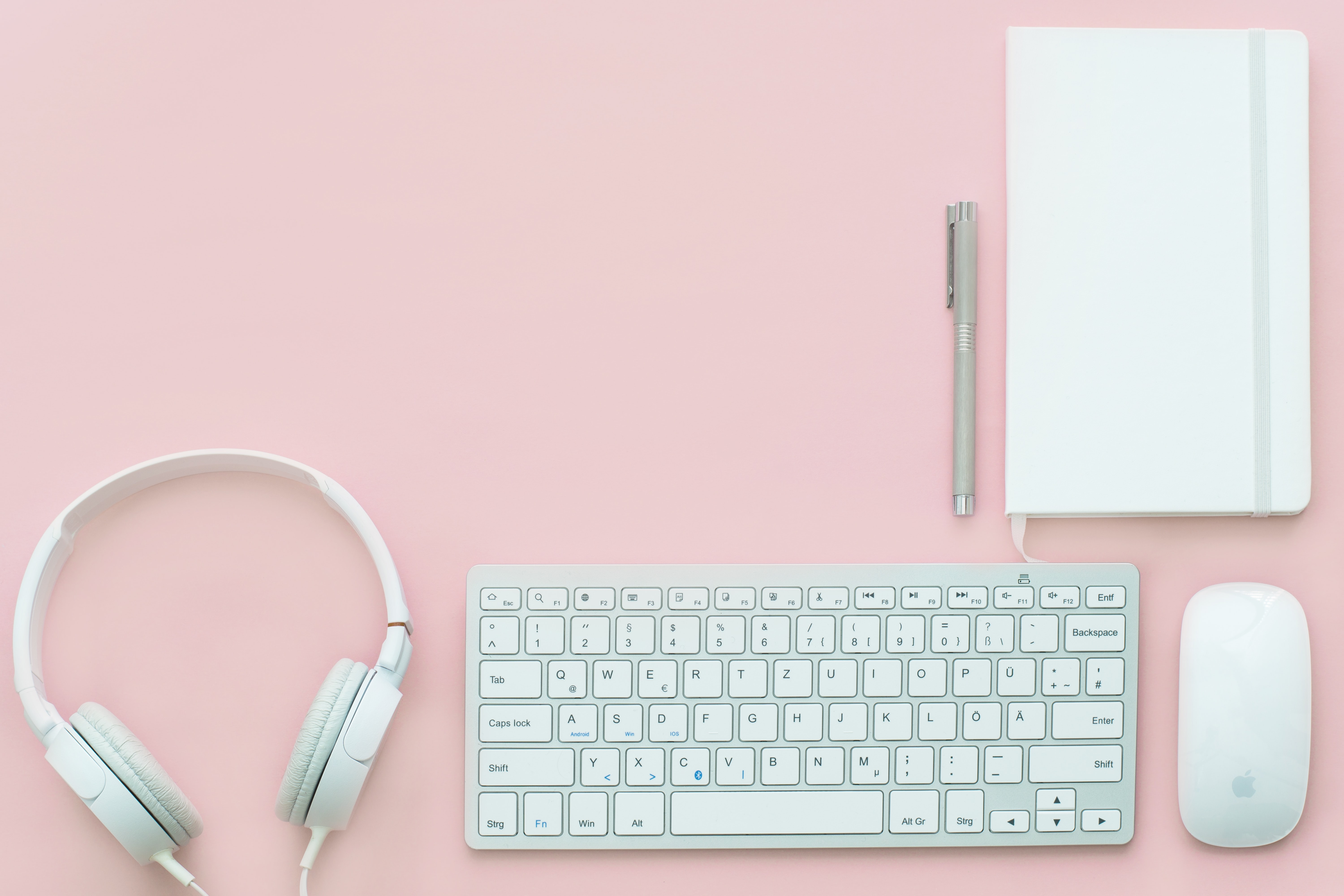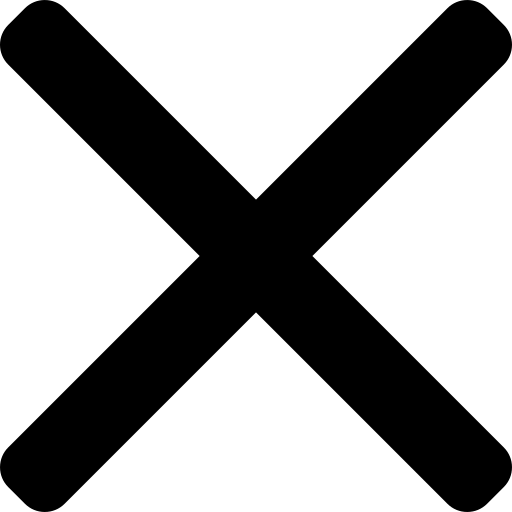The New Rules of Engagement & TechXpert Summit 2020: What I learnt
I have a confession to make. I’ve never been a great lover of networking, webinars or ‘putting myself out there’. It’s not that I didn’t see or understand the value, I was just satisfied with being in my lane and doing my own thing. Since moving to Dubai and being confined to the four walls of my apartment, I’ve found myself craving connection with other “me’s”. Which is how I ended up attending two webinars this morning: The New Rules of Engagement, hosted by Sassy Assistants and Blythe Rowe (founder & director of Human Incite) and TechXpert Summit hosted by Rhiannon Ward (EA to the Founders, Canva; Founder, Chief Wranglers), Michelle Bowditch (Founder, DOOR20A) and Nick Ginsburg (EA to the Provost, Monash University; Founder, Higher Education Assistants).

There was so much to take in, and I’m sure I’ll be going back to my notes many times over the coming months, though I wanted to share my key takeaways whilst it’s still fresh.
The New Rules of Engagement
First things first, Blythe Rowe, Director at Human Incite, is a bundle of energy. Her webinar focused on how we engage with work now that the landscape has shifted and we find ourselves adapting to new environments. I had three main takeaways -
1. There is a difference between working at home and working from home
For many of us (me included) working from home used to have a certain thrill to it. My WFH days were so rare that when I did set up camp on my breakfast bar in South London I wouldn’t notice the day go by and my productivity would go through the roof. Working solo = no distractions = productivity, right? Fast forward a few months and I’m now WFH in Dubai, but this time the choice isn’t mine. Working at home has thrown up some interesting questions - when does a work day start and, more importantly, when does it end? How much coffee and Diet Coke is too much coffee and Diet Coke? And some more serious ones - Why do I feel out of control when deciding what to watch on Netflix? Why do I feel anxious when all I need to do is stay home?
Blythe’s answer to the second set of questions is simple - our brains don’t like uncertainty and lack of structure, so by focusing on what we can control, we create a safe space within which we can start to function again. Which leads to my next takeaway...
2. Find a routine to help your brain make sense of what is happening
Routines create consistency and clarity - we know what to expect and when - which means our creativity starts to flow again. Routine looks different for everyone but by spending a little time building structure into our day, we free up our brains to focus on the task at hand as opposed to worrying about what is going to come next.
3. We now have so much tech at our fingertips, the trick is to make it work for us, not overwhelm us
Between Slack, Email, WhatsApp, Zoom, Hangouts, Instagram and everything in between, we are more connected than ever. This was fine when working in an office as meetings tended to be face to face, but what about now when staring into a pinhole camera has become the norm? Blythe recommends thinking about 3 things -
- The message - what message is being communicated (is it a check in, brainstorming, sharing wins?) and how important is it?
- The mode - does everything have to be a zoom call, could you use Slack or phone?
- The method - do’s and don'ts. How many times should your boss be checking in? When should you be online?
By syncing with your team about those three things now, you can avoid later conflicts and, magically, tech will start working for you again.
TechXpert Summit
1. Morning rituals will have the biggest impact on your day. Start positively.
Stress management & resilience tools, Chelsea Pottenger
Chelsea included so many valuable insights in her talk, though the one that stuck with me the most was about morning rituals. Research has shown that in your first waking moments your brain is malleable so whatever you feed it will slowly become incorporated into your everyday thinking. Recently, I’ve formed the habit of reaching for my phone first thing, only to wonder why I feel a subtle wave of anxiety as soon as I open the News app. According to Chelsea, if I instead focus on gratitude, for example through journaling, I’ll reap the benefits throughout the rest of the day.
Recommendation - Is this behaviour helpful or harmful? Dr Lucy Hone TED Talk
2. Do not underestimate the value of your LinkedIn profile… and always have a profile picture!
LinkedIn Tips and Tricks, Liv Wilson
Liv Wilson, EA at LinkedIn, stressed the importance of leveraging your LinkedIn profile to widen your network and to improve your personal brand. By making sure you cover the basics with a good profile picture and a solid headline and “about” section, you’ll be in a stronger position to either reach out to potential connections or be contacted yourself.
3. Be open to new experiences. Ask the questions. What is the worst that can happen?
Why your personal brand matters: tips to leverage and raise your profile during isolation, Tory Archbold
Among all the amazing advice (follow @powerfulsteps for more), the idea of being open to new experiences resonated with me the most. We all have a list of questions we wish we had asked or people we want to connect with, and a list of reasons and excuses not to. Tory expelled those with a simple question - what is the worst that can happen? The key thing is to believe in yourself and to slowly incorporate things into your day that scare you, because a lot of the time, the more you do something, the less scary it becomes.
